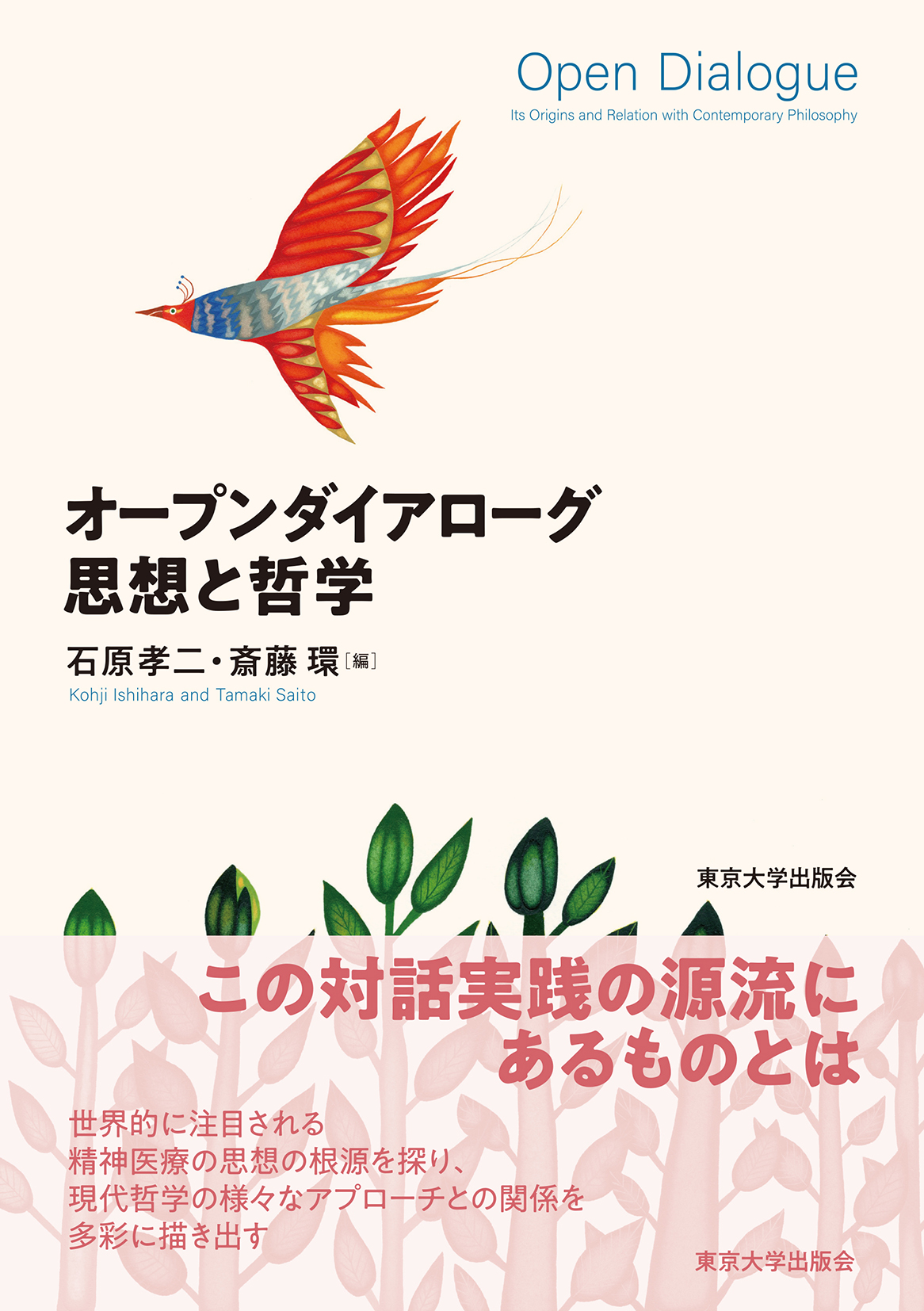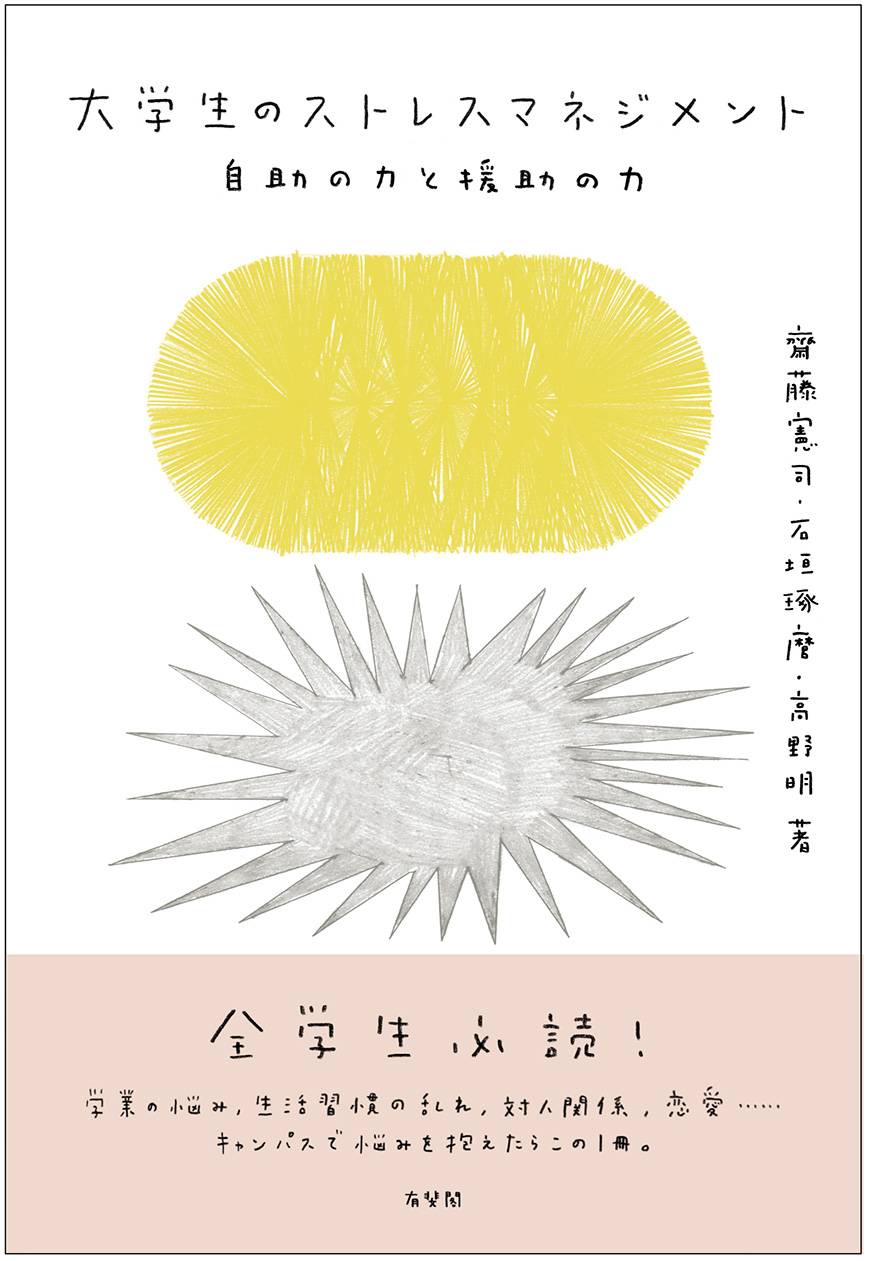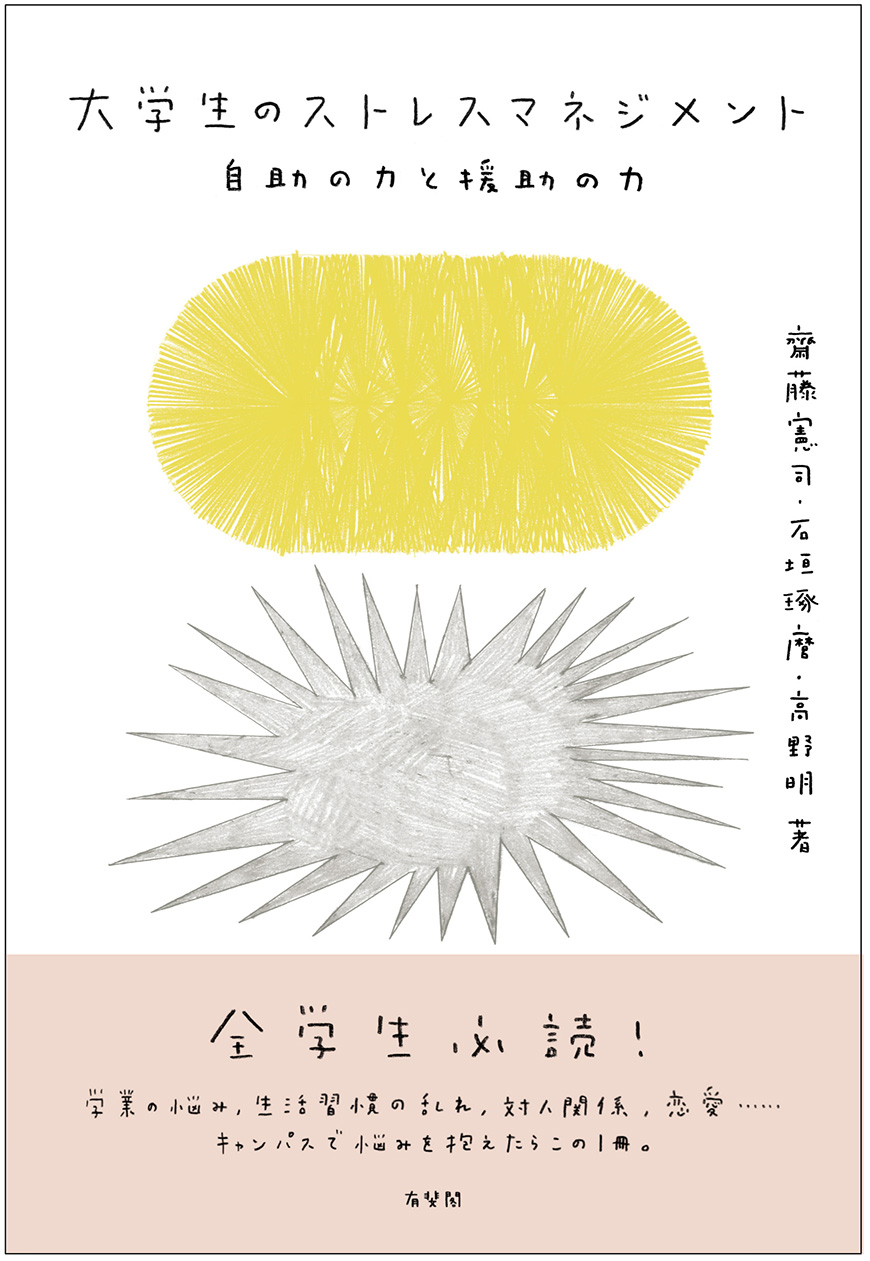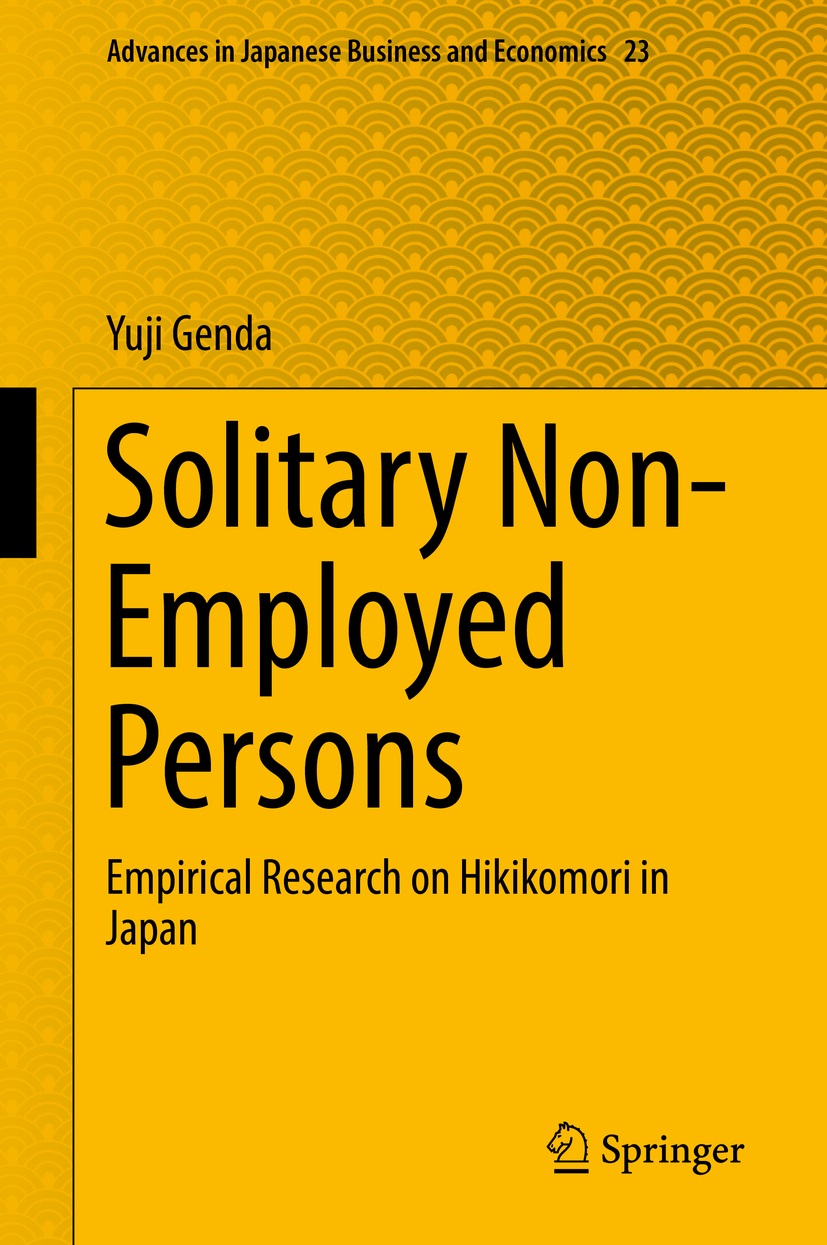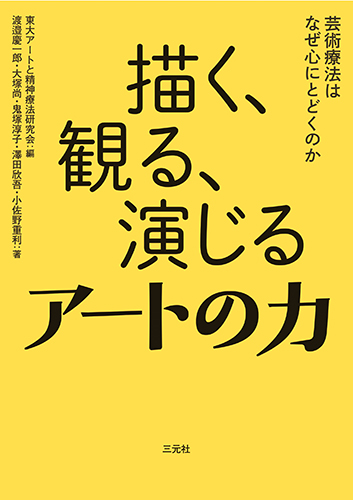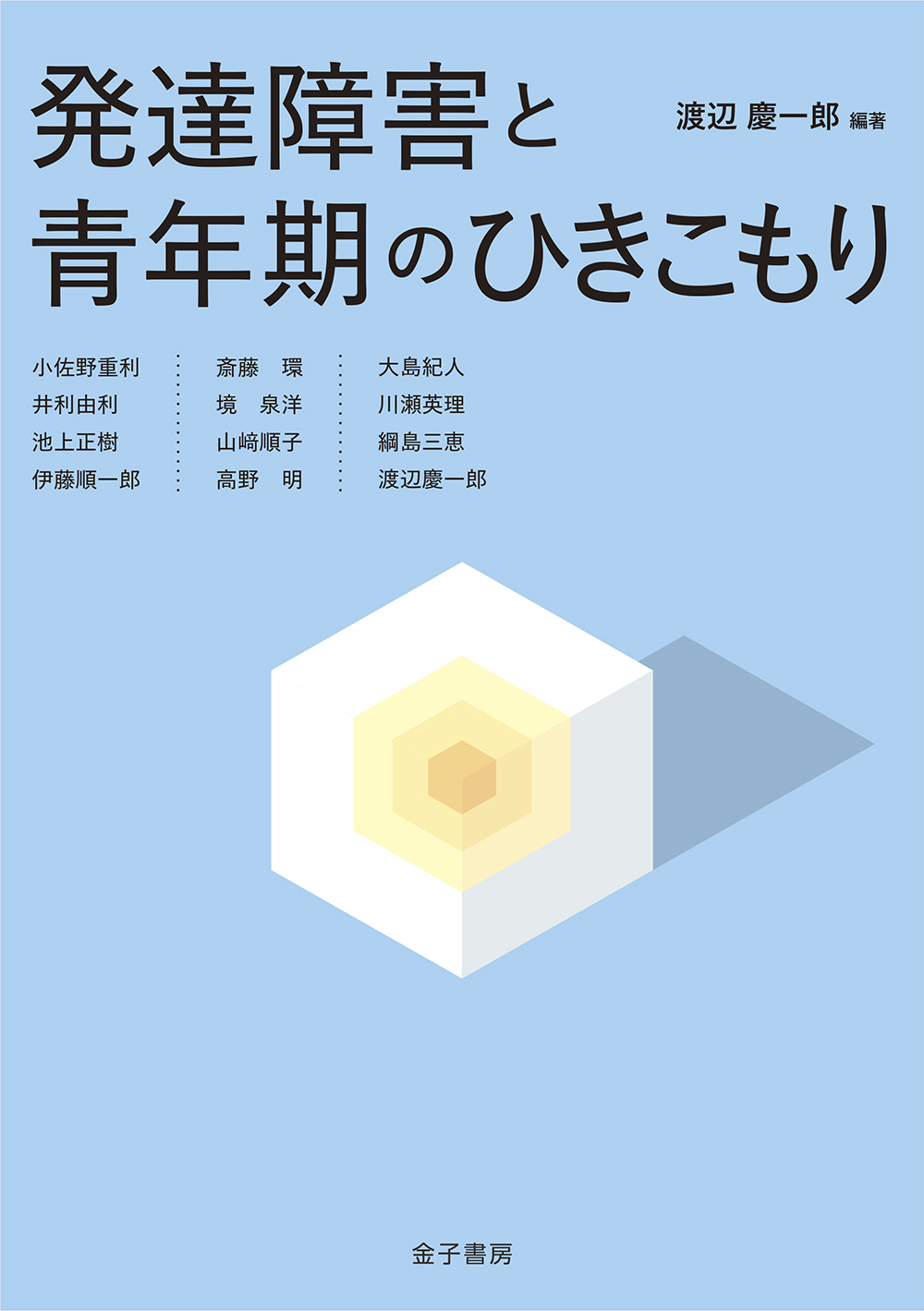
Title
Hattatsu-Shogai to Seinen-ki no Hikikomori (Developmental Disabilities and Adolescent Social Withdrawal)
Size
172 pages, A5 format
Language
Japanese
Released
June 30, 2023
ISBN
9784760832897
Published by
Kaneko Shobo
Book Info
See Book Availability at Library
Japanese Page
In epidemiological surveys of hikikomori (persons withdrawn from society), semi-structured interviews have revealed a 1.2% prevalence of hikikomori (WHO), while postal surveys have suggested a prevalence between 1.57% (Cabinet Office) and 0.72% (Tokyo Metropolis, Yokohama City). A survey among university students suggested a prevalence rate of 0.58%. In general, it is more common among men, with the demographic peak thought to occur in the late-teens and into the 20s. Although it might be related to a disposition for mental disorders, including developmental disorders, the nature of and the rehabilitation process for social withdrawal are highly individual. As such, when considering how these matters are related, it is necessary to devise approaches that are suited to each individual case. However, in the case of autism spectrum disorders, which involve difficulties in mutual communication, it becomes a challenge to build basic human relationships as well as relations of trust, which are the prerequisites for providing support.
Regarding the age groups of hikikomori, in addition to the significant number of university student-aged persons, the number of students with developmental disabilities enrolled in higher education institutions is increasing year by year (the proportion of students with developmental disabilities among all students with disabilities was 16.0% in 2012; this increased to 21.3% by 2022), with student hikikomori with autism spectrum disorders garnering attention in support contexts.
Amid such circumstances, in 2019, there occurred two cases involving people who had lived withdrawn from society for extended periods of time: the Kawasaki stabbings and the murder by a former Japanese vice-minister of his eldest son. These had a major negative impact on hikikomori, and it was feared that the hikikomori bashing triggered by the Niigata girl confinement incident and the Nishitetsu bus hijacking incident 20 years ago might be repeated.
A symposium titled “Developmental Disabilities and Hikikomori” was held at the Ichijo Hall, Yayoi Auditorium, The University of Tokyo on December 22, 2019. It commenced with the issue of how to understand hikikomori adolescents, taking into account the developmental disability perspective. Four experts with different standpoints: Yuri Iri, Masaki Ikegami, Junichiro Ito, and Tamaki Saito were invited to speak and respond to audience questions.
Yuri Iri discussed the hikikomori support consistently provided with a community focus, and Masaki Ikegami discussed the current situation and the pioneering initiatives from the perspectives of journalism and family associations. Junichiro Ito talked about interactions with people he meets in the practice of the ACT (assertive community treatment), while Tamaki Saito explained about how Open Dialogue works in interactions with the people concerned and the attitudes of family members.
This volume documents the contents of the above-mentioned symposium and adds theme-relevant draft essay. Motohiro Sakai discusses about the CRAFT (community reinforcement and family training), Junko Yamazaki about support via the welfare system, and Akira Takano about student counseling—each providing a compact summary encompassing everything from basic explanations to current issues. Furthermore, there are columns by Norihito Oshima about the connection with psychiatric care, and by Professors Eri Kawase and Mie Tsunashima about concrete cases.
The intended audience for this volume is supporters. However, as it summarizes a variety of ways to consider accessible support for adolescent hikikomori with developmental disabilities, we hope you will obtain an informed grasp over how to consider practices, while also getting a feel of the ground reality.
(Written by WATANABE Kei-ichiro, Professor and Vice Director, Center for Research on Counseling and Support Services / 2023)



 Find a book
Find a book


